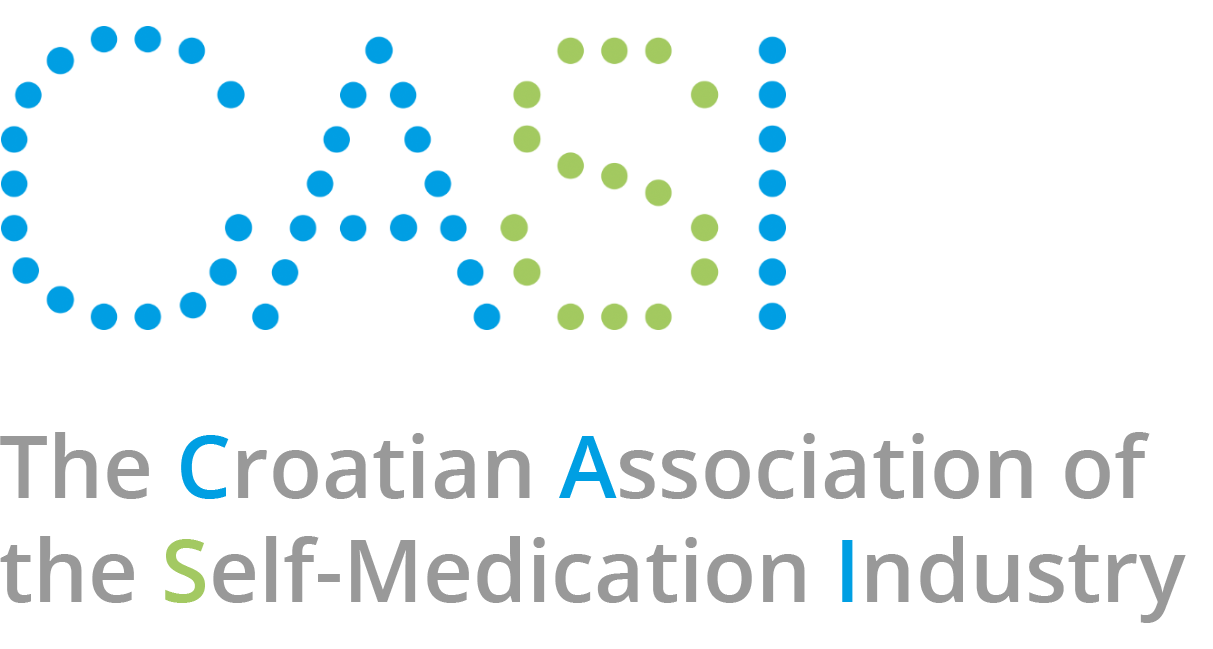Self-Medication
Self-Care
The concept of self-care incorporates all that a well informed and responsible citizen can do on his or her own to recognise temporary health problems, alleviate or cure them, and to prevent such health problems by living a healthy life. The wide scope and availability of good quality, safe and effective self-medication products, which means any person can take care of their health in a responsible manner – when, how and where they want to.
Self-Medication
Self-medication is the use of products for self-medication and prevention to care for one’s own health.
What do you need to know about over-the-counter drugs?
Many drugs may be bought even without visiting a doctor. These drugs are most often called over-the-counter drugs. As long as you follow the instructions for use that come with the drug, the drugs are safe and effective to use. Many drugs, which in the past you were only able to get by prescription, can today be bought in a pharmacy where pharmacists are able to answer questions and provide advice on how to properly use a certain drug.
Why can some over-the-counter drugs be only bought in pharmacies?
Some over-the-counter drugs are classified as “pharmacy drugs”. This means that the drugs can be bought only in pharmacies.
They are classified as such for a number of reasons:
- Pharmacists or technicians in pharmacies involved in selling drugs should ask you certain questions in order to be convinced that the specific drug is in fact the proper choice for you and your ailments
- Drugs contain ingredients which may cause problems for persons suffering from certain chronic illnesses, e.g. diabetes, asthma, high blood pressure, or may perhaps affect other drugs the patient is taking.
- Drugs contain ingredients which may cause problems if taken in too large doses or for too long. That includes some tablets for pain or colds.
How do you know whether a chosen drug is good and safe for you to use?
Always read instructions found in the drug packaging, or the instructions accompanying the drug, if they exist. The instructions clearly state the purpose of the drug and how to take it. They also provide special directions and reasons for caution when taking the drug. Also, there are cases when the drug should not be taken at all.
Before taking the drug, caution should be taken because:
- Some drugs are not suitable for people who suffer from particular illnesses
- Some drugs must not be taken during pregnancy and when breastfeeding
- Some drugs should not be taken with other drugs and may cause undesirable reactions. This may happen when purchasing over-the-counter drugs, but also when a drug is prescribed by a doctor or is recommended by some other healthcare worker. Hence, always tell the pharmacist what medication you are taking, even natural preparations, if taking them.
If you have even the slightest doubt whether an over-the-counter drug is suitable for you or not, always ask your pharmacists for advice.
What will happen if I take a too large dose of a drug?
The correct drug dose is carefully determined for optimal effectiveness and least side-effects or other problems. Taking more than the recommended dose does not mean the drug will perform better or more quickly, instead undesired side-effects may occur along, and may be uncomfortable or even dangerous. If, however, you use a dose smaller than the recommended one, the drug will not have the expected results.
What should I do if I am taking an over-the-counter drug longer than the recommended period stated on the packaging or in the instructions?
Never use a drug longer than the period noted on the packaging. Most over-the-counter drugs either treat minor illnesses requiring treatment over a number of days, or illnesses lasting a longer time, but which can be safely treated using an over-the-counter drug and do not require a visit to the doctor. Instructions accompanying a drug specifically note the longest permitted time for taking the drug. If you think it is necessary to take a drug longer than the recommended period, consult with your doctor or pharmacist.
If you or someone you know has a problem in stopping to take a certain drug, consult with a pharmacist or make a telephone call to one of the confidential telephone numbers found on this leaflet.
To whom can I talk about my symptoms which have not gone away or if I am worried about using an over-the-counter drug?
If your symptoms do not go away, you should consult with a pharmacist.
Why seek advice from your pharmacy or pharmacist?
Pharmacists are experts for medication. Pharmacists spend five years studying and training, and they know medication better than any other healthcare worker.
Pharmacists learn how to treat minor health problems and how to differentiate minor illnesses from those that may develop into something more serious. If you take an over-the-counter drug, the pharmacist can help you choose the best drug based on your symptoms. Pharmacists will tell you whether you should see a doctor and when you can treat yourself with the help of an over-the-counter drug or self-medication product. They can also tell you when certain health problems will disappear on their own, without taking any medication.
Pharmacists are available without making any prior appointments at pharmacies and can always give you advice.
Pharmacists can help you by giving advice on medication regardless of whether it involves medication which you got by prescription or over the counter.
Self-Medication Products
There are many different available forms of products for self-medication and prevention. The composition, use and/or acting mechanism are regulated by law and depend on wither the self-medication product is categorised as medication issued without a prescription, medical products for self-medication, food supplements, special purpose cosmetics or general-use items for self-medication and prevention.

